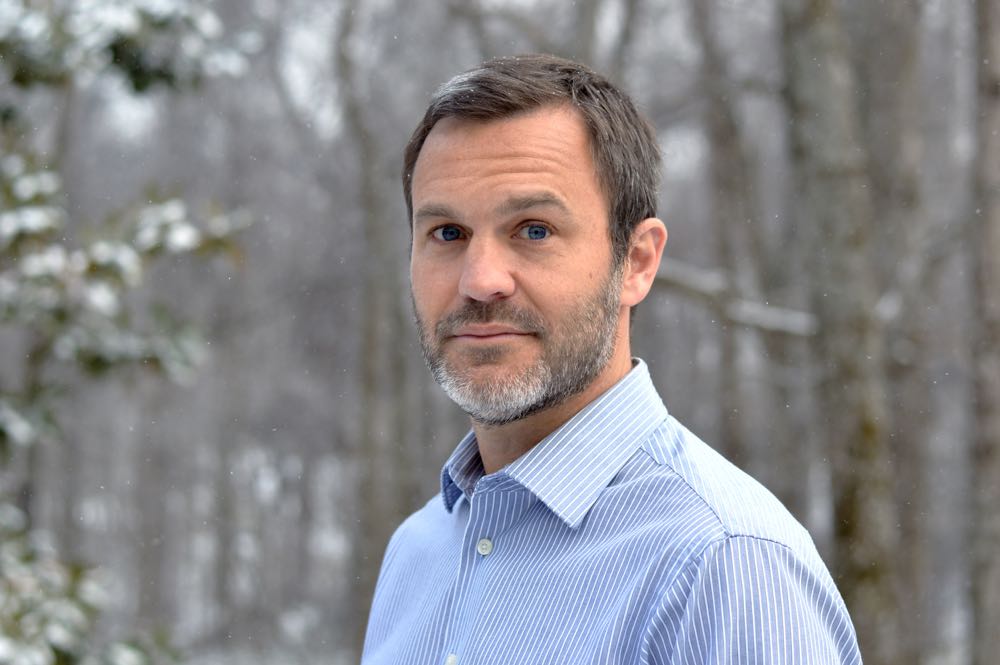
Sightings of pilot whales in the frigid Nordic waters have drawn residents of the Faroe Islands to their boats and beaches for nearly 1,000 years. Down in the tropics, around the islands of St. Vincent and the Grenadines, artisanal whaling is a younger trade shaped by the legacies of slavery and colonialism — but no less important to the local population.
Those Caribbean whalers of today share a direct connection with the American whalers of the Moby-Dick era. Whalers from New York and New England frequently took local Caribbean men aboard as deckhands during their whaling voyages and, after the whaling was done, returned them to their home islands with a valuable new skill.
Some went on to establish local whaling operations — one of which still exists today as a Vincentian whaling operation, which Russell Fielding discusses in his book, “The Wake of the Whale.”
He will discuss his decade of award-winning research on the hunter societies in the Caribbean and North Atlantic on Thursday, October 25, at 5 p.m. at the Sag Harbor Whaling & Historical Museum, located at 200 Main Street in Sag Harbor.
Each culture has developed a distinct approach to whaling that preserves key traditions while adapting to threats of scarcity, the requirements of regulation and a growing awareness of the humane treatment of animals, according to a press release.
“Yet these strategies struggle to account for the risks of regularly eating meat contaminated with methylmercury and other environmental pollutants introduced from abroad,” it said. “Fielding considers how these and other factors may change whaling cultures forever, perhaps even bringing an end to this way of life.”
For more information, call (631) 725-0770 or visit sagharborwhalingmuseum.org.